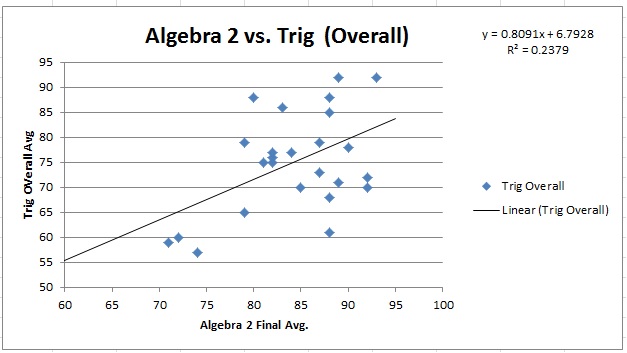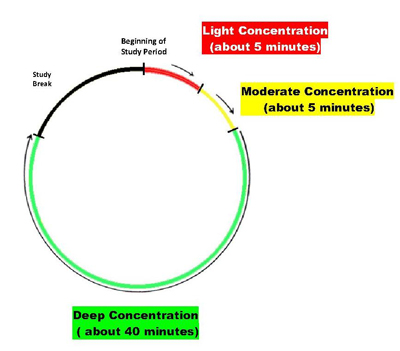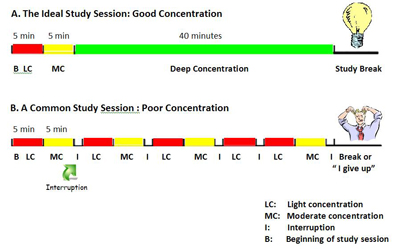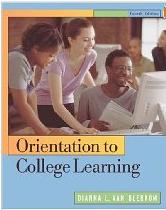
- Practice only accounted for 12% of individual differences in performance across all the different areas.Some factors which may be important:
- How early in life you start.
- Intelligence.
- Personality.
- Working memory capacity.

- Practice only accounted for 12% of individual differences in performance across all the different areas.Some factors which may be important:
- How early in life you start.
- Intelligence.
- Personality.
- Working memory capacity.
The present research suggests that even when laptops are used solely to take notes, they may still be impairing learning because their use results in shallower processing. In three studies, we found that students who took notes on laptops performed worse on conceptual questions than students who took notes longhand. We show that whereas taking more notes can be beneficial, laptop note takers’ tendency to transcribe lectures verbatim rather than processing information and reframing it in their own words is detrimental to learning.
High school grades matter — a lot. For both those students who submitted their test results to their colleges and those who did not, high school grades were the best predictor of a student’s success in college. And kids who had low or modest test scores, but good high school grades, did better in college than those with good scores but modest grades.
Krueger and Dale studied what happened to students who were accepted at an Ivy or a similar institution, but chose instead to attend a less sexy, “moderately selective” school. It turned out that such students had, on average, the same income twenty years later as graduates of the elite colleges. Krueger and Dale found that for students bright enough to win admission to a top school, later income “varied little, no matter which type of college they attended.” In other words, the student, not the school, was responsible for the success.
http://www.brookings.edu/research/articles/2004/10/education-easterbrook

- Singapore’s student population does not include the children of huge numbers of people who work the lower-paying jobs in Singapore.
- For Singaporean students, school is their job; other activities are absent or relegated to minor roles.
- Most Singaporean children get additional schooling beyond the school day through individual tutoring or classes. (One survey found 97% of Singaporean students get private Math tutoring)
The first thing Duckworth, et. al. discovered is that deliberate practice works. Those kids who spent more time in deliberate practice mode – this involved studying and memorizing words while alone, often on note cards – performed much better at the competition than those children who were quizzed by others or engaged in leisure reading. The bad news is that deliberate practice isn’t fun and was consistently rated as the least enjoyable form of self-improvement. Nevertheless, as spellers gain experience, they devote increasing amounts of time to deliberate practice. This suggests that even twelve year olds realize that this is what makes them better, that success isn’t easy.

What’s 12 x 11? Um, Let Me Google That
- My classroom experience proves otherwise. Once students have memorized a given set of vocabulary and grammar rules, they are able to apply their knowledge to more difficult concepts and activities. Having the fundamentals at the ready gives them both skill and confidence, two attributes that make learning effective and enjoyable. If they skipped the memory work on the grounds that the information can easily be found online, they would drown in a sea of URLs as they struggled to find the basic information necessary to answer the deeper questions.
- I shudder at what might have happened to the Apollo 13 flight crew if its NASA team had to spend precious minutes looking up multiplication tables, or what will happen if our government’s national-security advisers needed to consult Wikipedia to shape their foreign policy decisions.
- But once John Dewey’s educational theories were adopted in public schools beginning in the 1940s, they fell out of vogue, ridiculed and rejected by education professionals across the country as detrimental to learning. In schools of education such techniques are derisively labeled “drill and kill” and “chalk and talk.” Instead, these experts preach “child-centered” learning activities that make the teacher the “facilitator” in education, which is understood as a natural process of self-discovery.
- Of course, all good teachers want their students to acquire not just basic knowledge, but a deeper, conceptual understanding that is manifested through critical thinking and analysis—skills that educational fads and initiatives rightly extol. But such thinking is impossible without first acquiring rock-solid knowledge of the foundational elements upon which the pyramid of cognition rests.
Since you know Calculus, you recognize all the prerequisite “basic Math” mentioned in video #2. Full playlist here.
http://www.nytimes.com/2013/12/22/opinion/sunday/music-and-success.html

I wanted to examine the correlation between a student’s performance in Algebra 2 and his subsequent performance in Trigonometry. This provides an opportunity to see if our past course recommendations were sound. (In this case, the decision to place a student from Algebra 2 into either Trig or a more remedial Math course) I felt this data might be useful in determining a cut-off score for promotion into the next course. ie: Is there a grade threshold in the 1st course that is associated with failure in the 2nd course?
Results: It’s a small sample size (n=25), but the 3 students who scored under 75 (overall) in Algebra 2 ended up failing Trigonometry. The r-squared was .24, which can be interpreted as saying that 49% of the variation in the Trig grades were explained by the Algebra 2 grades.
- The problem is that if you have collected a whole bunch of data and you don’t find anything or at least nothing really interesting and new, no journal is going to publish it.
- So if you, as a researcher, don’t find anything counterintuitive that disconfirms prevailing assumptions, you are usually not even going to bother writing it up.

Is this quote about the teacher possessing an unending fountain of knowledge to share, or that he must be able to relate to the nature of being a lifelong student?
Recently, I spent time relearning some higher level math. This material required focus, multiple passes, and drilling exercises to truly drive home the point and “own” the concept/knowledge (ie: be able to recognize it in the future and/or explain it to others). While requiring this 100% focus, I realized how many looming distractions I had at home which interrupt deep focus and thinking. The efficacy of superficial multi-tasking was debunked several years ago. (More on that here, here, here). It is one thing to get mindless work done while distracted (answering emails, etc), but it is a different matter entirely to learn something new and challenging with even minor distractions.
This made me reflect on my undergraduate studies in Mathematics and Computer Science, which routinely required deep focus and persistence. In the early 1990s, dorms still resembled army style barracks with cinderblock walls and few amenities. No TV, no cell phone, no texting, no landline phone (payphone at end of hallway), no laptop, no PC, no Web, no Facebook/Twitter (just a campus computer lab for typing papers). Despite such simplicity, it was *still* easy to get off-track in your dorm room (socializing friends, background noise, relaxing on the bed, listening to the stereo, etc) Therefore, we quickly learned that it wasn’t effective to study in your dorm room; it would take twice as long to do half the work. Most students opted to do their serious work in the university library. I took it a step further, and made a wooden “cubicle” in the isolated library basement my study place. Here, I could get into “deep zone” study for hours on end, with zero interference or stimuli to knock me out of the zone (See diagram below)
A woman must have money and a room of her own if she is to write fiction. -Virginia Woolfe
For certain types of work, sometimes the ideal environment is just quiet room with a desk. As a high school teacher, I have told my students to find a quiet place at home to study free from distractions (siblings, TV, pets, Facebook, etc). Today, I realize that I can’t stress this point enough. I have noticed that some students now almost involuntarily check their cell phones without even realizing they are doing it. While technology can be used as a learning tool, it can also open the door to interruptions and distractions. This prevents them from entering (or staying in) the “flow/zone”. A student must keep this in mind when establishing his ideal study environment in high school, college, and beyond.
 Diagrams adapted from: Orientation to College Learning
Diagrams adapted from: Orientation to College Learning
